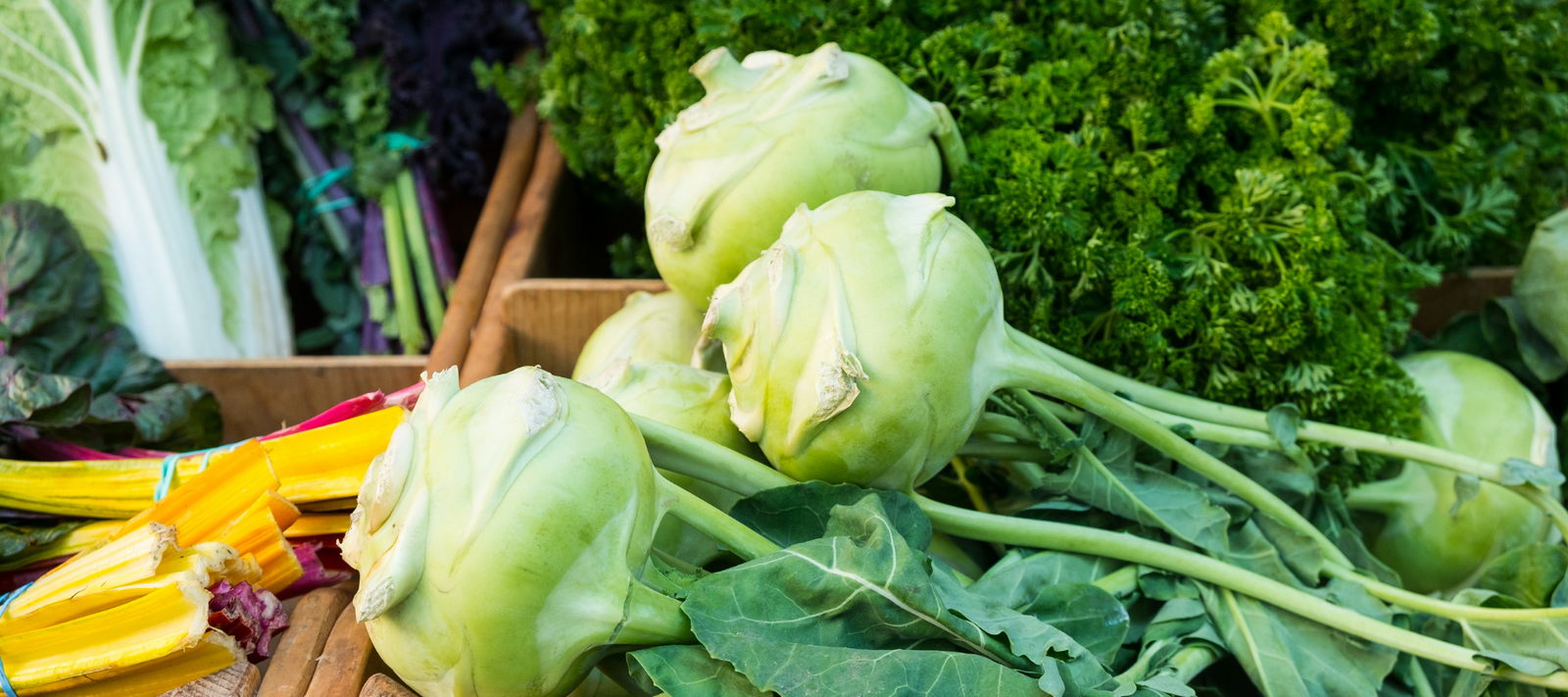
“We are moving from a world in which the big eat the small, to one where the fast eat the slow”, said Klaus Schwab, President of the World Economic Forum.
More and more people who want to get off the treadmill of modern life are adopting a slow philosophy. Founder of the Slow Food Movement, Carlo Petrini, created an international movement dedicated to the very civilised notion that what we eat should be cultivated, cooked and consumed
at a relaxed pace.
“Being slow means you control the rhythms of your own life”, says Carlo Petrini. The Slow Food Movement is unique in that it has no central headquarters, website, or single leader or political party to carry the message.
What's happened to our food?
It takes just 11 minutes to eat an average meal at McDonalds, which invariably leads to overeating because it takes 15 minutes for the brain to register that you’ve eaten too much. So slow food is vital to your health.
“The clock is the operating system of modern capitalism. Two centuries ago, one pig took five years to reach 13 pounds. Today it hits 220 pounds in 6 months”, says author of In Praise of Slow (Orion Publishers, 2005), Carl Honore.
The Slow Food Movement started in 1986 when McDonalds opened a branch beside the Spanish steps in Rome. In opposition, Carlo Petrini, a charismatic culinary writer launched Slow Food. The movement stands for everything McDonalds does not.
Food must be...
… fresh, local and seasonal. It must be based on sustainable farming which often protects artisan production. In short, it celebrates leisurely dining with family and friends.
Slow food preaches ecogastronomy because eating well should go hand in hand with protecting the environment. The movement now has 78,000 members whose manifesto is to eat well and save the planet.
We need a firm defence of quiet material pleasures to oppose the universal folly of fast life … our defence should begin at the table with slow food.
Slow food has been instrumental in rescuing dying delicacies such as:
- Lentils from Abruzzi
- Ligurian potatoes
- Black celery of Trevi
- Vesuvian apricots
- Purple asparagus from Albenga
Multinational corporate food giants like Kraft, with the help of government regulations, prevent artisan cheese makers from using non-pasteurised new milk.
Corporatisation of our food supply destroys biodiversity. Farmers specialise in monocultures that offer consumers no choice and eliminate demand for other strains. Single strains like the Burbank potato used by McDonalds, replace the yellow-fleshed, creamy, gourmet potatoes with superior culinary attractions.
“Over the last century the number of artichoke varieties grown in Italy has tumbled from 200 to about a dozen”, says Carl Honore.
What is true of vegetables is true of chickens, turkeys and pigs where, in mass production sheds, a single disease can wipe out the whole population.
Biodiversity is our insurance policy against species extinction. By supporting artisans we protect our inheritance. Food is more than fuel, it’s an integral part of our civilisation.
For more information about slow food, read Carl Honore’s book In Praise of Slow, Orion Publishers.



